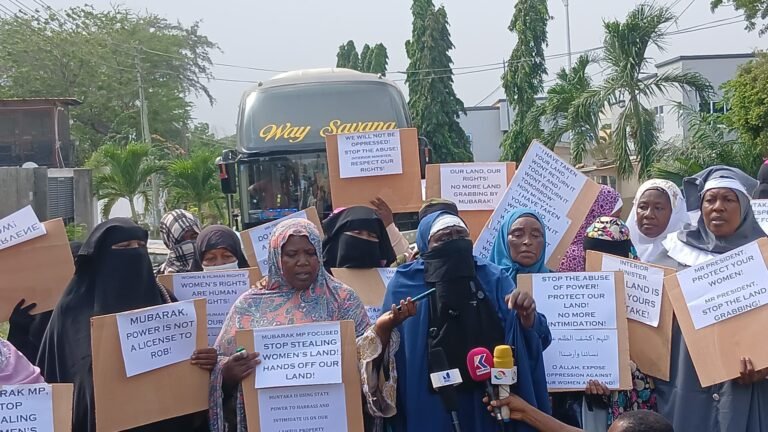
Some of the farmers who attended the training programme
Farmers at Tipokrom in the Asunafo South district of the Ahafo Region have undergone a day’s training workshop about the dangers associated with the use of agro-chemicals on their farms.
This is as a result of the long-term effects of these chemicals on the soil, water bodies, the air, and more importantly on human health.
This was contained in a Presentation by Mr. Richard Adjei-Poku, the Executive Director of the Livelihood & Environment Ghana (LEG) during a day’s training programme for over one hundred farmers at Tipokrom.
The training programme, which was organised by the Tipokrom community, was on the theme “Impact of Agro-chemicals on human health and the environment”, and was aimed, among other things, at keeping the farmers abreast of adverse effects of agrochemicals on humans and the environment in general.
It was funded by the Global Greengrants Fund, a charitable foundation that makes small grants to grassroots environmental causes around the world. Since 1993, Global Greengrants Fund has been one of the leading organizations in the world supporting grassroots-led efforts to protect the planet and the rights of people.
Adverse effects
Mr. Richard Adjei-Poku, who facilitated the workshop free of charge, enumerated some of the adverse effects of the continuous application of agro-chemicals on the environment.
“Agro-chemicals application over a long period of time kill helpful bacteria and organisms, deposit residues unnatural growth effects, destruction of aquatic lives through pollution as well as eutrophication and several other dangerous effects”, he told the participants.
He said much as nitrogen, phosphorous and potassium have some positive impact on plants and the health of people, their continuous application over a long period of time has dire consequences on human health and the environment in general.
Ms. Abdul Salam Rashida, a teacher and community member and Ms. Naomi Gyeketey also played key roles in the organisation of the project.





